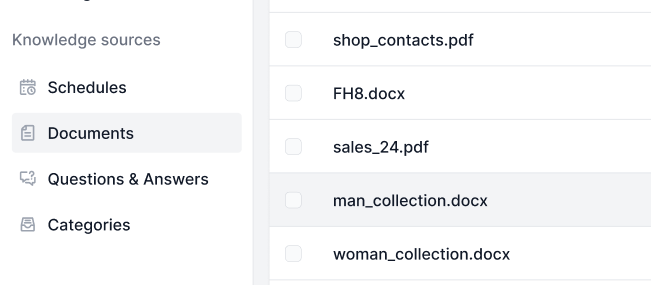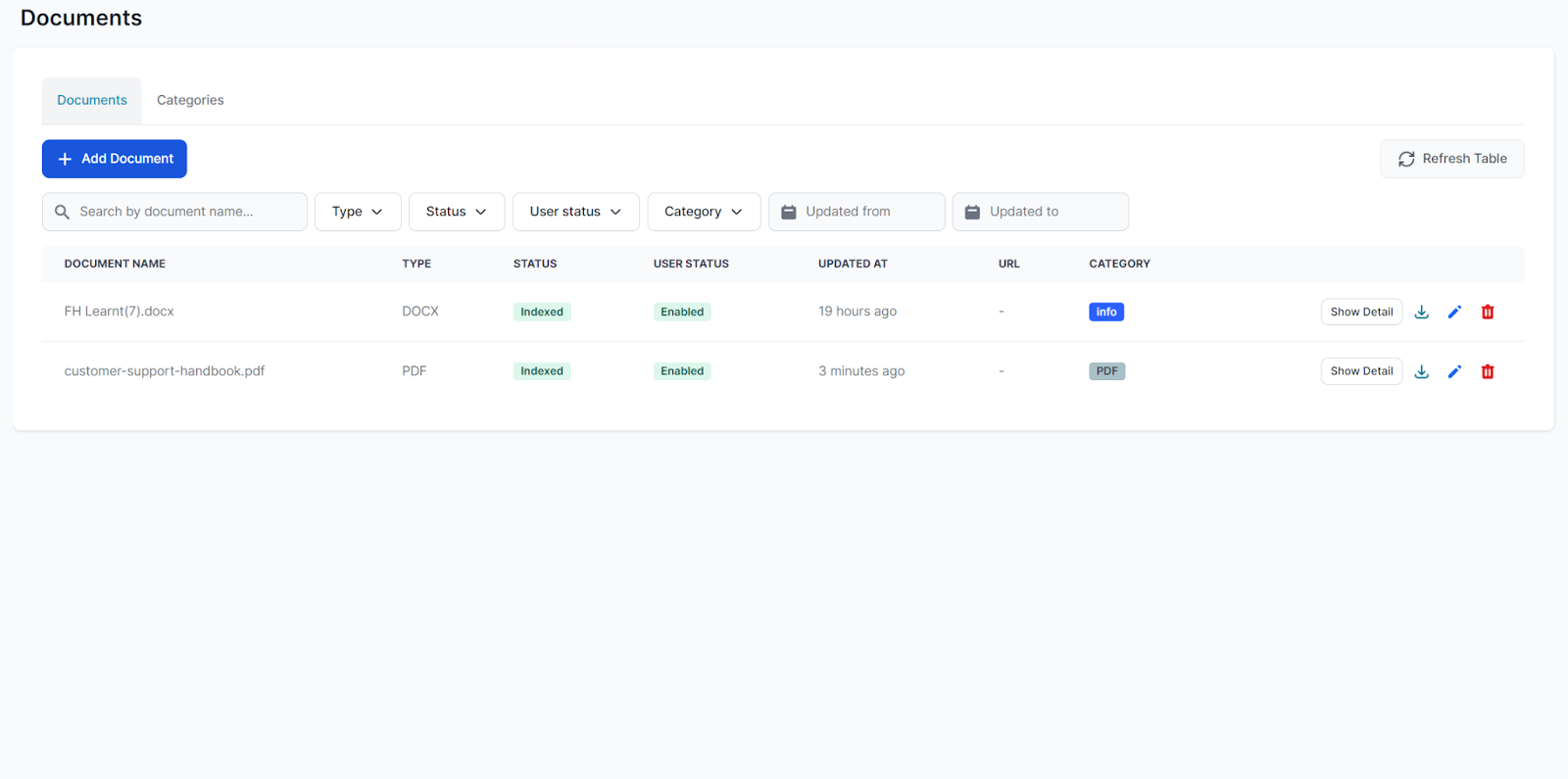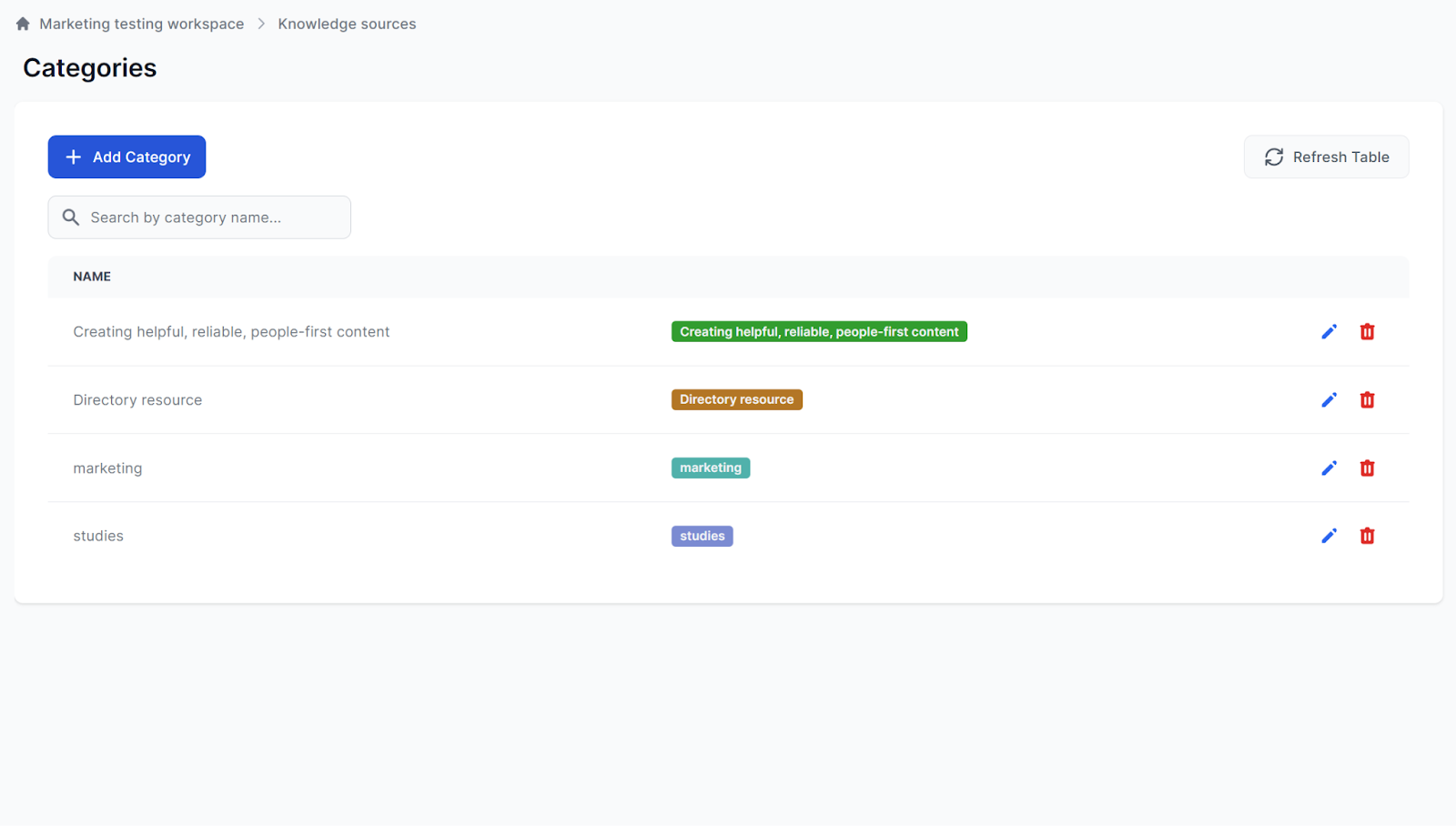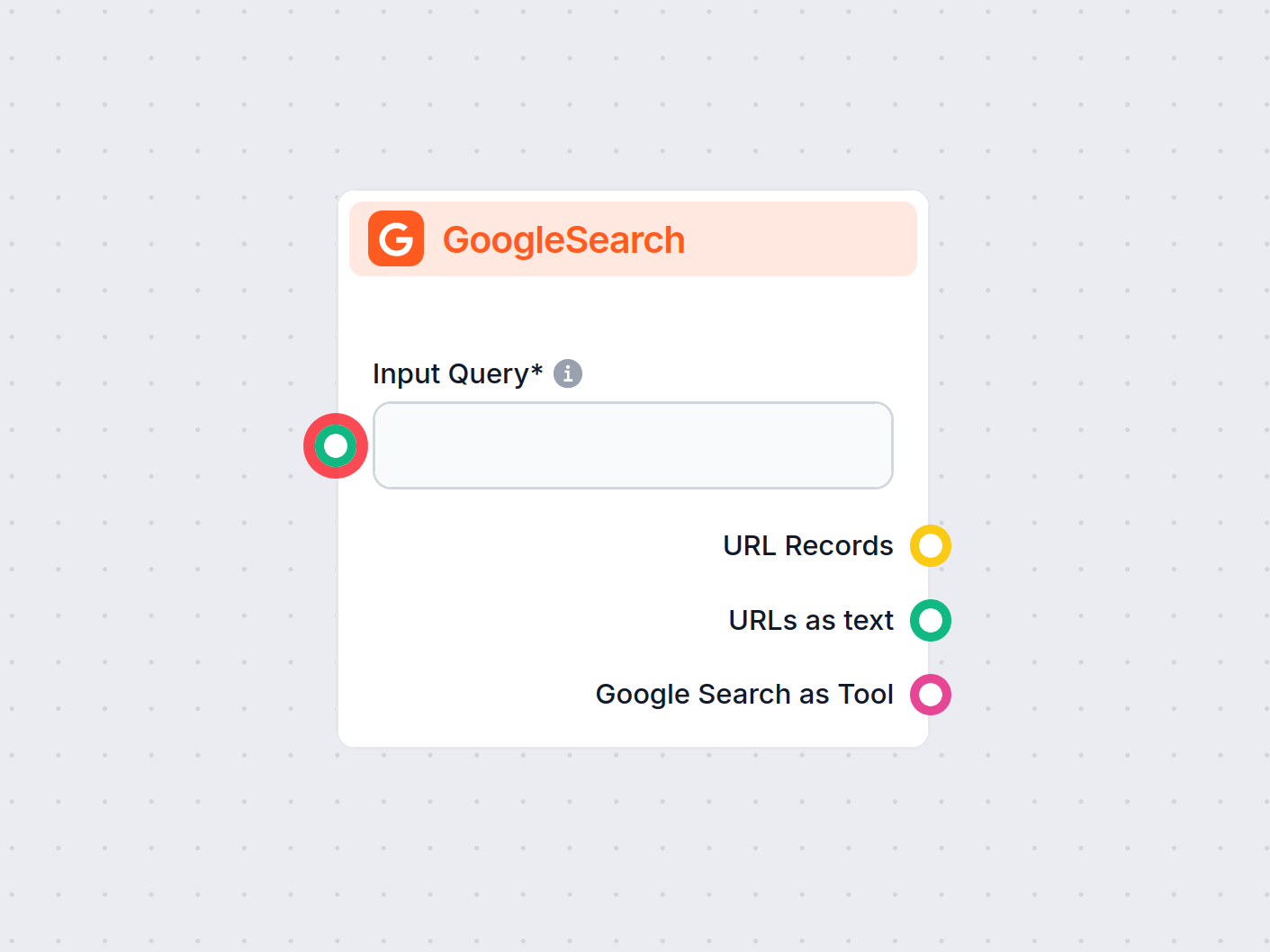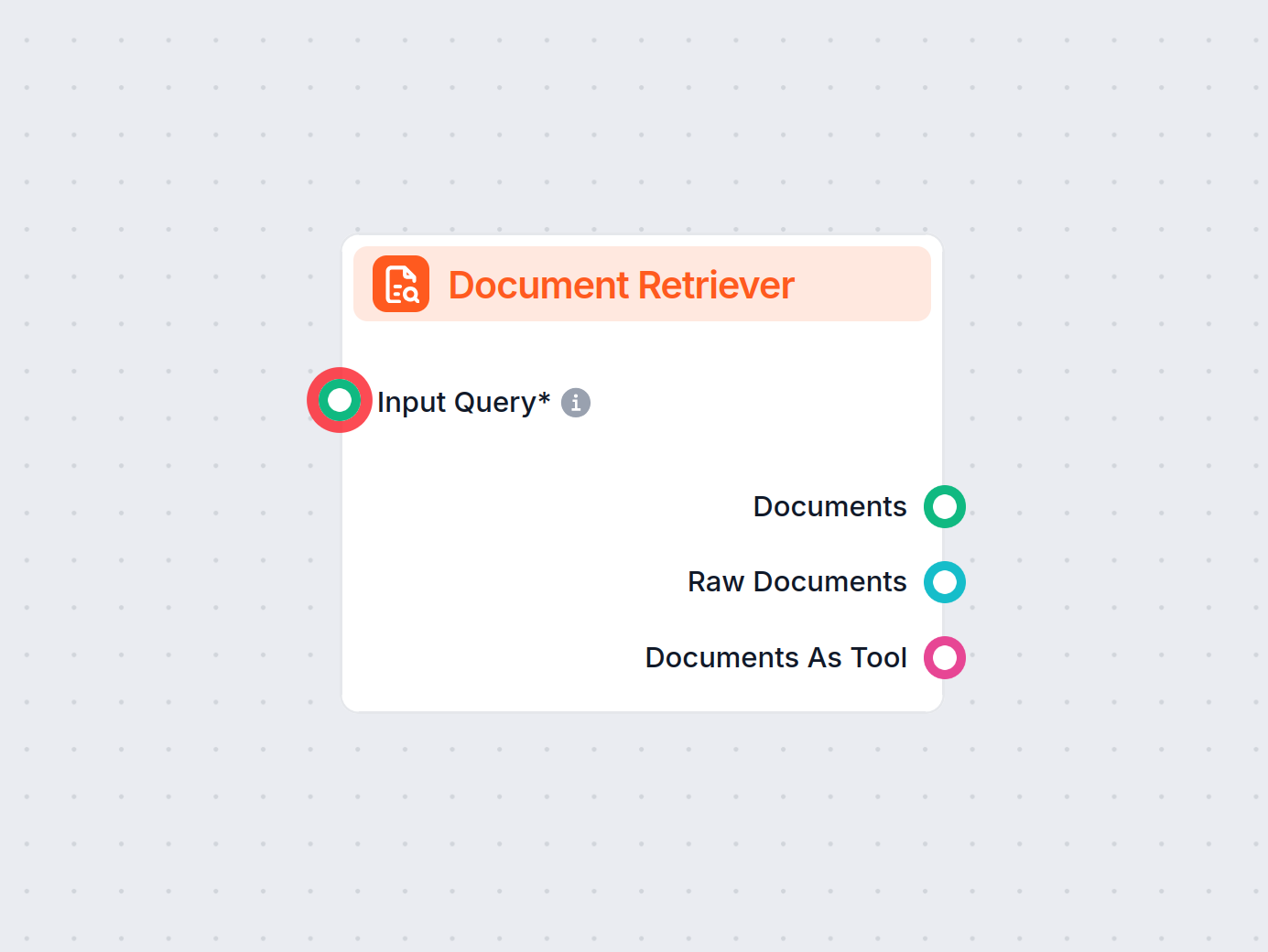
Retrieval vs Cache Augmented Generation (CAG vs. RAG)
Discover the key differences between Retrieval-Augmented Generation (RAG) and Cache-Augmented Generation (CAG) in AI. Learn how RAG dynamically retrieves real-t...
Connect and manage diverse knowledge sources—like websites, documents, and videos—to power accurate, real-time AI chatbots with FlowHunt.
What makes a general chatbot yours is the knowledge of your website and unique context. There are several ways to go about this, and many of them remain inaccessible to small businesses. FlowHunt can cater to both small and larger businesses by using the Retrieval-Augmented Generation method.
This method allows you to fully benefit from the general knowledge and capabilities of models such as ChatGPT, but with a twist. Unlike old costly methods of feeding the model training data, RAG allows you to link and upload knowledge sources to get real-time, accurate responses without the extra hassle.
Imagine you’re planning a trip to a new city and have many questions about the sights and good places to eat. You decide to ask a friend who’s an expert on the city. Instead of only relying on their memories, they quickly re-check travel guides and recent online reviews before giving you a curated answer. In other words, your friend makes sure to give you the most accurate and up-to-date answer.
This is similar to how Retrieval-Augmented Generation (RAG) works. The method seamlessly combines retrieving knowledge from an external database with the generative power of pre-trained LLM models.
Just like your friend checking the guides and reviews, your Flow will first consult your sources and only then generate an answer based on that information. This means you get more accurate and context-aware responses.
If you ask a vanilla AI about the best restaurants in the city, it will only use its training data. This data might be outdated or incomplete, leading to terrible experiences on your trip. But with RAG, the AI can pull the latest reviews and recommendations from URLs, Google, and other sources, ensuring you get the best possible advice.
Simply link and upload various types of sources with just a couple of clicks. The sources are indexed and then retrieved based on the user’s query. You control the content the chatbot uses, including information from your public website, documents you prefer not to publish, YouTube videos, and external learning materials.
The friend from our example might check various sources. They might read web pages, consult a book, check Google, or even watch a YouTube video. Your Flow can learn from all these sources, too.
But there’s a difference. While searching, your friend will make sure that the information they’re learning from is up-to-date and correct. AI can’t do that, and making sure the information is fresh and true is solely up to you.
There are three ways you can point your Flow to the right information:
Crawl and index entire domains or single URLs periodically. Just set it and forget it. Your Flows will continue learning on their own at the scale and speed you pick.
Learn more about the Schedules feature.
Instantly access and utilize information from various document formats, HTML pages, and even YouTube videos. Either upload from a file or link a URL.
Learn more about the Documents feature.
Provide pre-defined answers to specific queries. This will ensure that the bot always stays consistent with important queries and FAQs.
Learn more about the Questions & Answers feature.
Each new source you add needs to be categorized. These categories are completely arbitrary and meant to help you manage your growing library.
Learn more about the Categories feature.
Knowledge Sources allow you to connect various information types—like websites, documents, and videos—to your AI chatbot, enabling real-time, accurate, and context-aware responses tailored to your business needs.
RAG combines external knowledge retrieval with the generative power of AI models. Your chatbot first consults your linked sources, then generates answers based on the most up-to-date and relevant information.
You can link websites, upload documents, connect YouTube videos, and provide pre-defined Q&A pairs to power your AI chatbot.
Each knowledge source can be categorized for easy management, allowing you to organize your growing content library and control what your AI bot can use for responses.
Yes, you can schedule crawls of websites or specific URLs so your chatbot’s knowledge stays fresh and relevant automatically.
Discover how FlowHunt's Knowledge Sources feature enables you to link, categorize, and manage content for accurate, context-aware chatbot responses.
Discover the key differences between Retrieval-Augmented Generation (RAG) and Cache-Augmented Generation (CAG) in AI. Learn how RAG dynamically retrieves real-t...
FlowHunt's GoogleSearch component enhances chatbot accuracy using Retrieval-Augmented Generation (RAG) to access up-to-date knowledge from Google. Control resul...
FlowHunt's Document Retriever enhances AI accuracy by connecting generative models to your own up-to-date documents and URLs, ensuring reliable and relevant ans...
